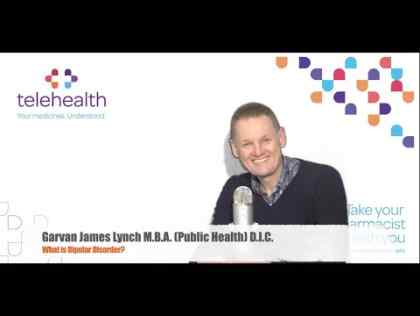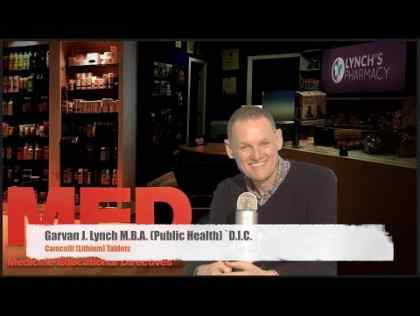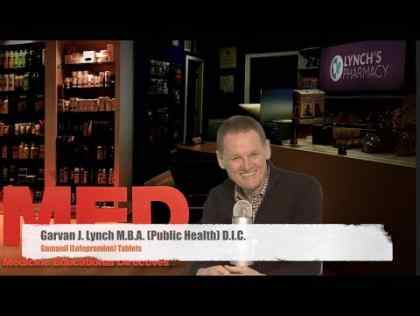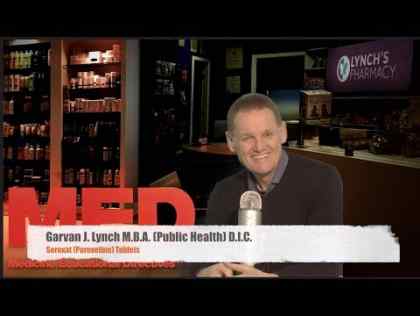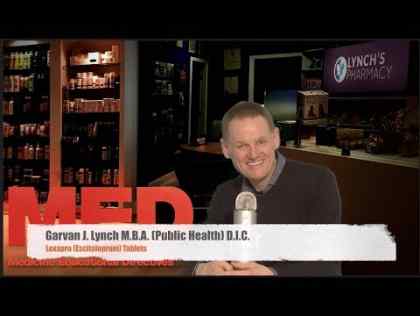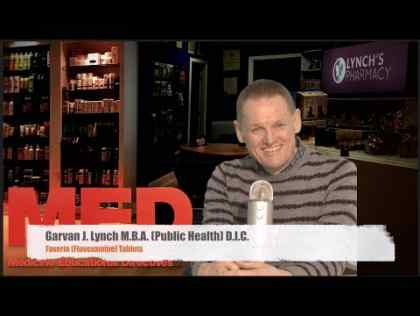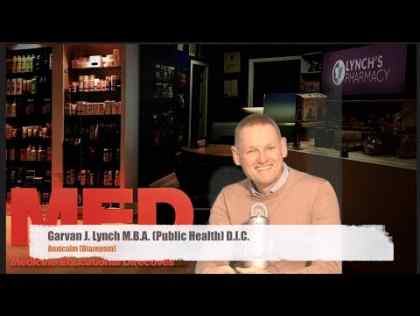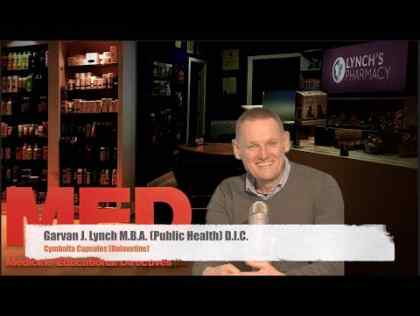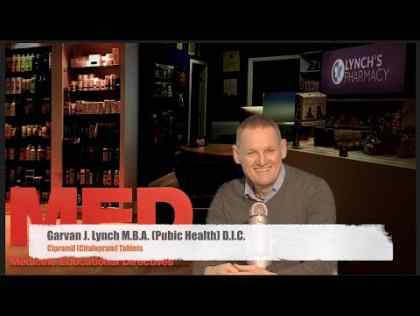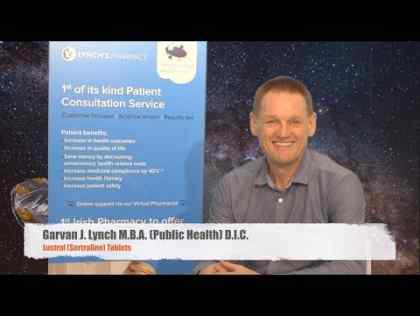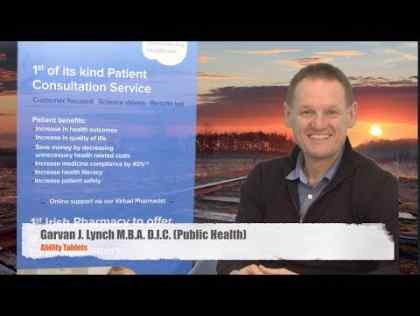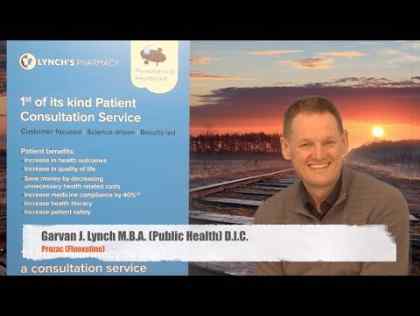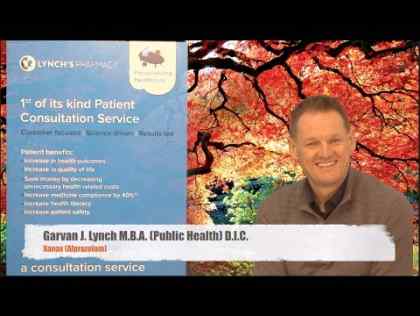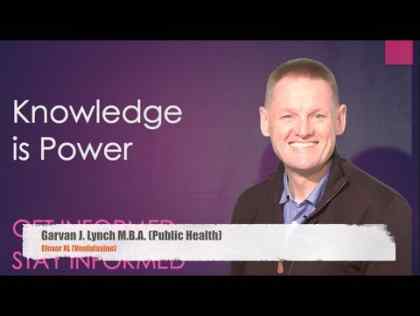-
Feelings of sadness or unhappiness
-
Irritability or frustration, even over small matters
-
Loss of interest or pleasure in normal activities
-
Reduced sex drive
-
Insomnia or excessive sleeping
-
Changes in appetite — depression often causes decreased appetite and weight loss, but in some people it causes increased cravings for food and weight gain
-
Agitation or restlessness — for example, pacing, hand-wringing or an inability to sit still
-
Slowed thinking, speaking or body movements
-
Indecisiveness, distractibility and decreased concentration
-
Fatigue, tiredness and loss of energy — even small tasks may seem to require a lot of effort
-
Feelings of worthlessness or guilt, fixating on past failures or blaming yourself when things aren't going right. Trouble thinking, concentrating, making decisions and remembering things
-
Frequent thoughts of death, dying or suicide
-
Crying spells for no apparent reason
-
Unexplained physical problems, such as back pain or headaches
Causes
It's not known exactly what causes Depression. As with many mental illnesses, it appears a variety of factors may be involved. These include:
-
Biological differences.
-
Neurotransmitters.
-
Hormones.
-
Inherited traits.
-
Life events.
-
Early childhood trauma.
How do you treat it?
Like any disease, even if there is no cure, there is almost always something you can do to manage it and take control. There are three main areas involved in the treatment of any disease:
For information on medicines and therapies relevant to Depression, make an appointment at Lynchs Pharmacy, Broadale, Douglas, Cork on 021-4366923.
Learn all about the drugs used to treat the disease and any complementary medicines or therapies proven to help. Equip yourself with the tools to manage the condition and not be managed by it.
How do you live with it?
Certain adjustments may be needed to get on with your life, and often, some simple tips and advice can go a long way to making these changes.
When you come to a Lynchs Pharmacy Clinic, we give you all necessary information available to make your life more manageable and allow you to live better with your condition.
References
http://www.cks.nhs.uk/patient_information_leaflet/depression
Depression-http://en.wikipedia.org/wiki/Depression



